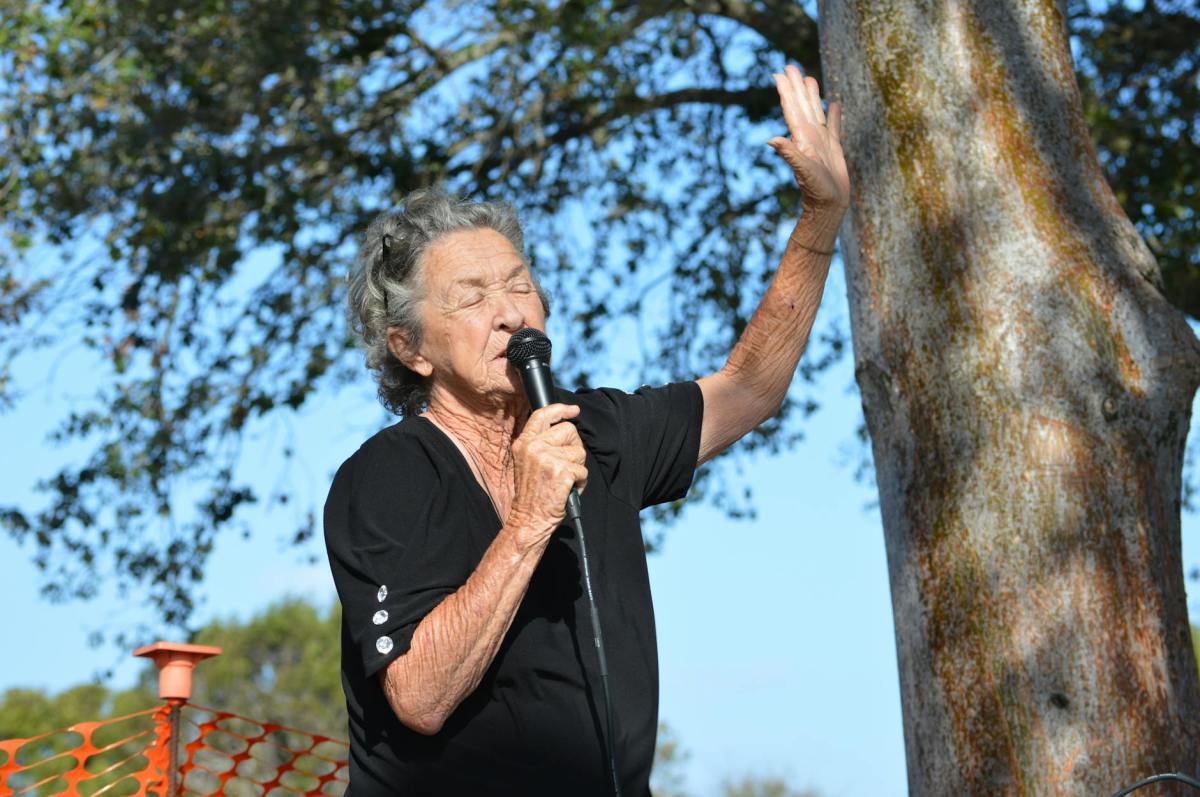The Samaritan woman wasn’t perfect but in her imperfections, she evangelized to a whole city and through her testimony, Jesus got accepted into Sychar.
Jews and Samaritans had a historical friction and that led them to disassociate from each other. This was so significant that it would have been almost impossible for Jews and Samaritans to engage in a conversation. Jews considered Samaritans as renegades because of their association with religions of the people who were historically imported to Samaria. The Samaritans also considered themselves as part of the nation of Israel but at the time of Jesus, the Samaritans believed in only the first five books of Moses. The average Jew would rather spend hours traveling around Samaria than to spend a few minutes passing through. The average Samaritan was easily provoked by the presence of Jews and this is exemplified in Luke 9:51-56. Even two of the disciples of Jesus (the sons of Zebedee) asked Jesus, “Lord, do you want us to call fire down from heaven to destroy them?” (Luke 9:54). Jesus rebuked the sons of Zebedee. Given this background of animosity, the parable of the good Samaritan would have come as a shock to both Jews and Samaritans (Luke 10:25-37). This post will consider a meeting between Jesus and a Samaritan woman.
When a Samaritan woman came to draw water, Jesus said to her, “Will you give me a drink?” (John 4:7)
This story has a unique impact on both Jews and Samaritans. Jesus and His disciples had left Judea and were going to Galilee. The average Jew would have moved around Samaria but Jesus went through the city. John 4:4-6 states that “Now He (Jesus) had to go through Samaria. So He came to a town in Samaria called Sychar, near the plot of ground Jacob had given to his son Joseph. Jacob’s well was there, and Jesus, tired as he was from the journey, sat down by the well. It was about noon.” Jesus chose to go through the territory most Jews would have avoided. Usually, in ancient times, you wouldn’t expect much activity at the well at noon. The women fetched water in the morning or in groups. On this particular day, there was one lone woman at the well. This Samaritan woman came to draw water and Jesus said to her, “Will you give me a drink?” At that time, His disciples had gone into the town to buy food (see John 4:7-8). Both the Samaritan woman and Jesus knew that no Jew would ask a Samaritan for a drink. But Jesus was not a divisive Jew, He is a unifier.
I believe the Samaritan woman was shocked by Jesus’ request. The Samaritan woman said to him, “You are a Jew and I am a Samaritan woman. How can you ask me for a drink?” In other words, this woman told Jesus that you know that Jews do not associate with Samaritans so why are you asking me for a drink (John 4:9). One would expect Jesus to be apologetic and ask the woman for water because He was tired. However, the journey through Samaria was not to get water. Jesus was bringing to the Samaritans living water and the woman at the well was His first point of contact. Jesus answered her, “If you knew the gift of God and who it is that asks you for a drink, you would have asked him and he would have given you living water.” (John 4:10). The woman asked Jesus “Sir, you have nothing to draw with and the well is deep. Where can you get this living water? Are you greater than our father Jacob, who gave us the well and drank from it himself, as did also his sons and his livestock?” (John 4:11-12). She directed Jesus for His inability to draw the water because of the depth (since He had nothing to draw with, meaning she wasn’t ready to share with Jesus the thing to even use to draw the water). She also referred Jesus to their history of having the same ancestor. In other words blaming the Jews for the inability to accept their own relatives (Samaritans).
Jesus then told the woman, “Go, call your husband and come back.” (John 4:16). The woman replied that she has no husband. Jesus told the woman all that she had ever done. The number of husbands she had had in the past and the fact that she was living with a man who wasn’t even married to her. The woman was surprised and said, “Sir, I can see that you are a prophet. Our ancestors worshiped on this mountain, but you Jews claim that the place where we must worship is in Jerusalem.” (John 4:19-20). The Samaritan woman accepted Jesus’ revelation about her life but went back to historical rivalry. She told Jesus that the worship of the Samaritans is scorned by the Jews because it is not done in Jerusalem. Jesus replied,
“Woman, believe me, a time is coming when you will worship the Father neither on this mountain nor in Jerusalem. You Samaritans worship what you do not know; we worship what we do know, for salvation is from the Jews. Yet a time is coming and has now come when the true worshipers will worship the Father in the Spirit and in truth, for they are the kind of worshipers the Father seeks. God is spirit, and his worshipers must worship in the Spirit and in truth.” (John 4:21-24).
Jesus introduced God’s ideal for worship, “in the Spirit and in truth” . The woman goes back to the shared history with the Jews and said, “I know that Messiah” (called Christ) “is coming. When he comes, he will explain everything to us.” (John 4:25). At this point, Jesus declared, “I, the one speaking to you—I am he.” (John 4:26).
Upon hearing this, the woman left her water jar, and went back to the town and said to the people, “Come, see a man who told me everything I ever did. Could this be the Messiah?” They came out of the town and made their way toward him (John 4:28-30). The woman’s personal testimony opened the door for the ministry of Jesus in Samaria. She was scorned for her way of life but she was the first Samaritan person to listen to Jesus and to know who He is. For two days, Jesus and His disciples stayed with the Samaritans and many believed Him because of His words many more became believers (John 4:41). The Samaritans said to the woman, “We no longer believe just because of what you said; now we have heard for ourselves, and we know that this man really is the Saviour of the world.” (John 4:42).
The Samaritan woman wasn’t perfect but in her imperfections, she evangelized to a whole city and through her testimony, Jesus got accepted into Sychar. It doesn’t matter our past, what matters is our present relationship with the Messiah and our future glory. Don’t be shy to tell people what the Lord has done for you. Your testimony is the key to opening the doors of cities for the gospel. If Jesus meets you at the well, will you run back to the city and bring them to the saving grace of Jesus? Or would you rather hoard Jesus and His salvation message denying a whole city the opportunity to hear the transformative message of the gospel?







